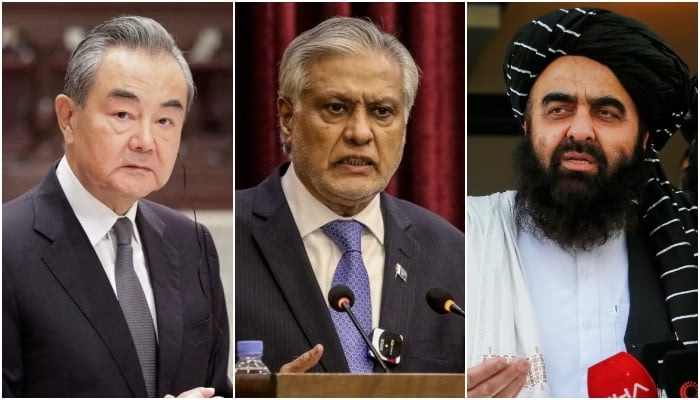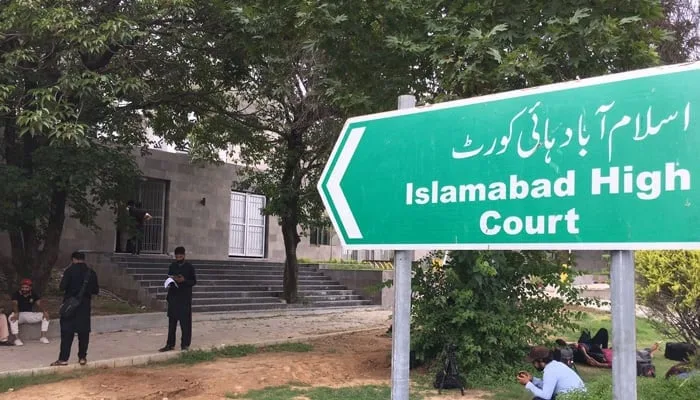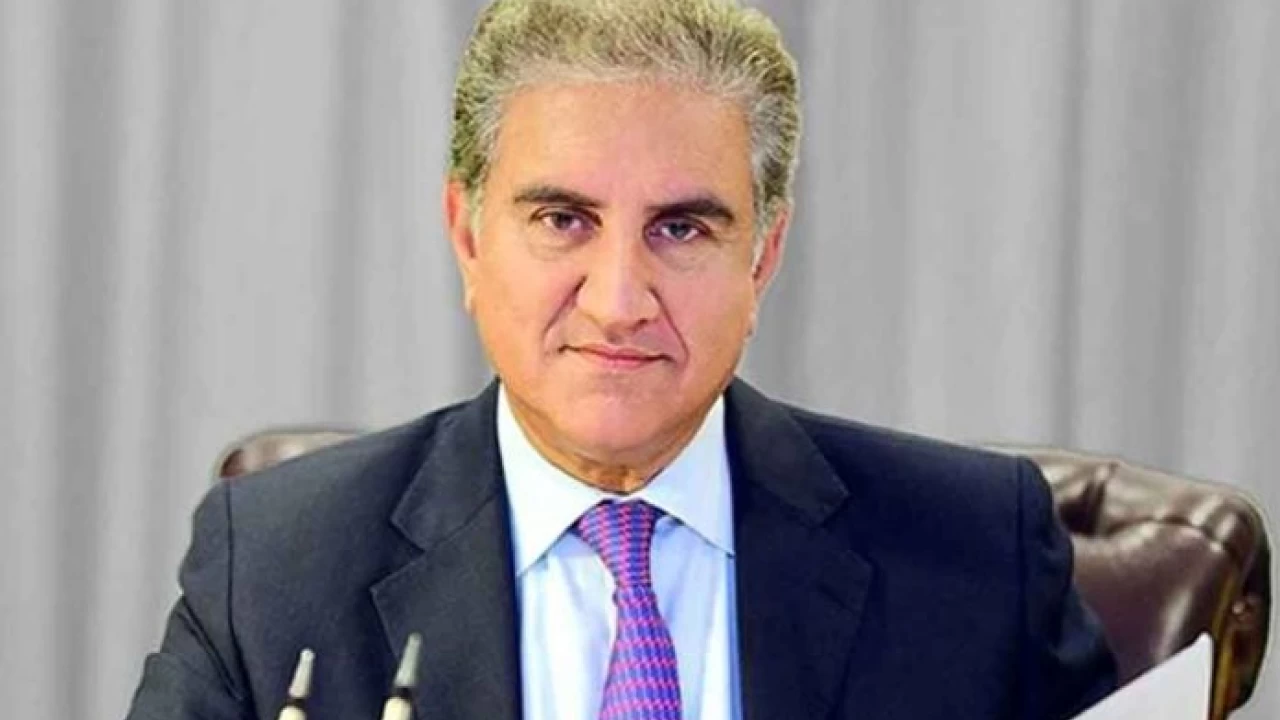In a significant development for regional diplomacy, the foreign ministers of Pakistan, Afghanistan, and China are set to meet in Kabul on August 20 for trilateral talks, according to reliable sources. The discussions will focus on security cooperation, counterterrorism strategies, and expanding the scope of the China-Pakistan Economic Corridor (CPEC).
This meeting marks a crucial step in fostering stronger ties between the three countries, especially in light of ongoing security challenges and economic opportunities in the region. The trilateral talks will be attended by Chinese Foreign Minister Wang Yi, Pakistan’s Deputy Prime Minister and Foreign Minister Ishaq Dar, and Afghanistan’s Acting Foreign Minister Amir Khan Muttaqi.
Key Focus Areas of the Trilateral Talks
The agenda for the Kabul meeting includes several pressing issues. First and foremost is counterterrorism cooperation. All three nations share concerns over the growing threats posed by extremist groups in the region, particularly after recent security incidents along the Pakistan-Afghanistan border.
Another major focus will be the expansion of CPEC into Afghanistan. The China-Pakistan Economic Corridor, a multi-billion-dollar infrastructure and trade project, has been a cornerstone of Pakistan-China relations. Including Afghanistan in this initiative could open up new trade routes, energy projects, and economic opportunities, not just for these countries but for the broader Central Asian region.
The Cancellation of the Earlier Visit
Earlier this month, Amir Khan Muttaqi was scheduled to visit Pakistan on August 5 for preliminary discussions. However, both Islamabad and Kabul issued statements citing “technical reasons” for the cancellation. Subsequent reports revealed that the United Nations Security Council had not granted permission for the visit, as Muttaqi is on the UN-designated list of Taliban members.
This situation highlighted the diplomatic complexities involved in engaging with Afghanistan’s interim government while navigating international sanctions and regulations. The trilateral talks in Kabul will thus be closely watched for signs of how these diplomatic hurdles are managed.
China’s Role and Strategic Interests
China’s involvement in these trilateral talks underscores its growing role in South and Central Asia. Beijing has long been a key investor in Pakistan through CPEC and has shown interest in extending its Belt and Road Initiative (BRI) to Afghanistan.
For China, stability in Afghanistan is crucial for several reasons. Firstly, a secure Afghanistan can help prevent the spread of extremism into China’s Xinjiang region. Secondly, the country’s untapped mineral wealth offers attractive investment opportunities. Finally, integrating Afghanistan into regional trade and energy networks aligns with China’s vision of enhanced connectivity under the BRI.
Pakistan’s Diplomatic and Security Objectives
For Pakistan, the trilateral talks present an opportunity to address both economic and security concerns. Pakistan has faced increased cross-border attacks in recent months, which it attributes to groups operating from Afghan territory. Strengthening counterterrorism cooperation with Kabul and securing Chinese support for these efforts is a top priority for Islamabad.
Additionally, Pakistan sees Afghanistan’s inclusion in CPEC as a way to expand regional trade, reduce transportation costs, and create new business opportunities. This could also help stabilize Afghanistan by providing jobs and infrastructure, indirectly contributing to Pakistan’s own security.
Afghanistan’s Position and Challenges
The Afghan interim government views the trilateral talks as a platform to strengthen its international legitimacy and attract much-needed foreign investment. With its economy struggling under sanctions and limited recognition, Kabul hopes that closer ties with China and Pakistan could open new economic channels.
However, challenges remain. The Taliban’s governance style, human rights record, and restrictions on women’s participation in society continue to draw international criticism. These factors could complicate efforts to secure foreign funding and partnerships.
Potential Outcomes and Regional Impact
If successful, the Kabul trilateral talks could mark a turning point in regional cooperation. Expanded CPEC routes into Afghanistan could connect the country to major ports in Pakistan, offering new opportunities for trade with the Middle East, Africa, and beyond.
Moreover, enhanced security collaboration could help reduce cross-border violence, benefiting both Pakistan and Afghanistan. For China, a stable and economically integrated Afghanistan aligns with its broader Belt and Road vision.
Following the meeting in Kabul, Chinese Foreign Minister Wang Yi is expected to travel to Pakistan the next day for further bilateral discussions. This sequence of events highlights the urgency and importance both Beijing and Islamabad place on deepening regional ties with Afghanistan.
The trilateral talks will be closely monitored by global observers, as their outcomes could influence the security and economic landscape of South and Central Asia for years to come. With shared interests in peace, stability, and development, Pakistan, Afghanistan, and China have much to gain from successful negotiations—but the challenges ahead should not be underestimated.



